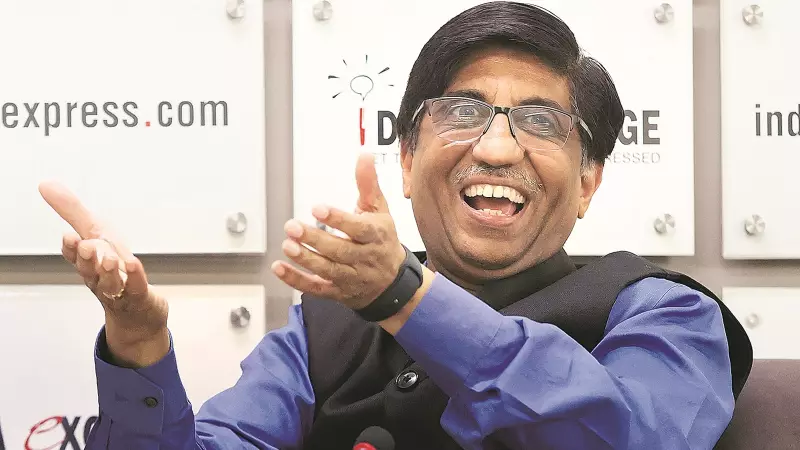
India is embarking on a groundbreaking mission to fortify its digital infrastructure against emerging cyber threats by developing a state-of-the-art quantum technology-driven network. This ambitious initiative aims to create an impregnable shield for the nation's digital assets and economic framework.
The Quantum Security Imperative
According to Professor Abhay Karandikar, Secretary of the Department of Science and Technology (DST), the rapid advancement of quantum computing presents both unprecedented opportunities and significant risks. "As quantum computers become more powerful," he explained, "they could potentially break current encryption methods that protect our most sensitive digital information."
Building a Quantum-Resilient Future
The proposed quantum network represents a proactive approach to cybersecurity. Rather than waiting for quantum threats to materialize, India is taking preemptive action to develop:
- Quantum Key Distribution (QKD) systems that use quantum mechanics principles to create unhackable communication channels
- Post-quantum cryptography standards that can withstand attacks from quantum computers
- Nationwide quantum communication infrastructure connecting critical government and financial institutions
- Indigenous quantum technology development to ensure technological sovereignty
Strategic Economic Protection
This initiative isn't just about technological advancement—it's about economic security. With India's digital economy expanding rapidly, protecting financial transactions, government communications, and critical infrastructure from future quantum-enabled cyber attacks has become a national priority.
"Our digital assets and economic systems need to be quantum-safe," emphasized Professor Karandikar. "We cannot afford to be vulnerable when the quantum computing era fully arrives."
Collaborative Ecosystem Development
The project involves a multi-stakeholder approach, bringing together:
- Academic institutions for fundamental research
- Industry partners for technology development and deployment
- Government agencies for policy framework and implementation
- International collaborations for knowledge sharing
This comprehensive strategy positions India at the forefront of the global quantum security race, ensuring the nation's digital sovereignty in an increasingly connected world.





